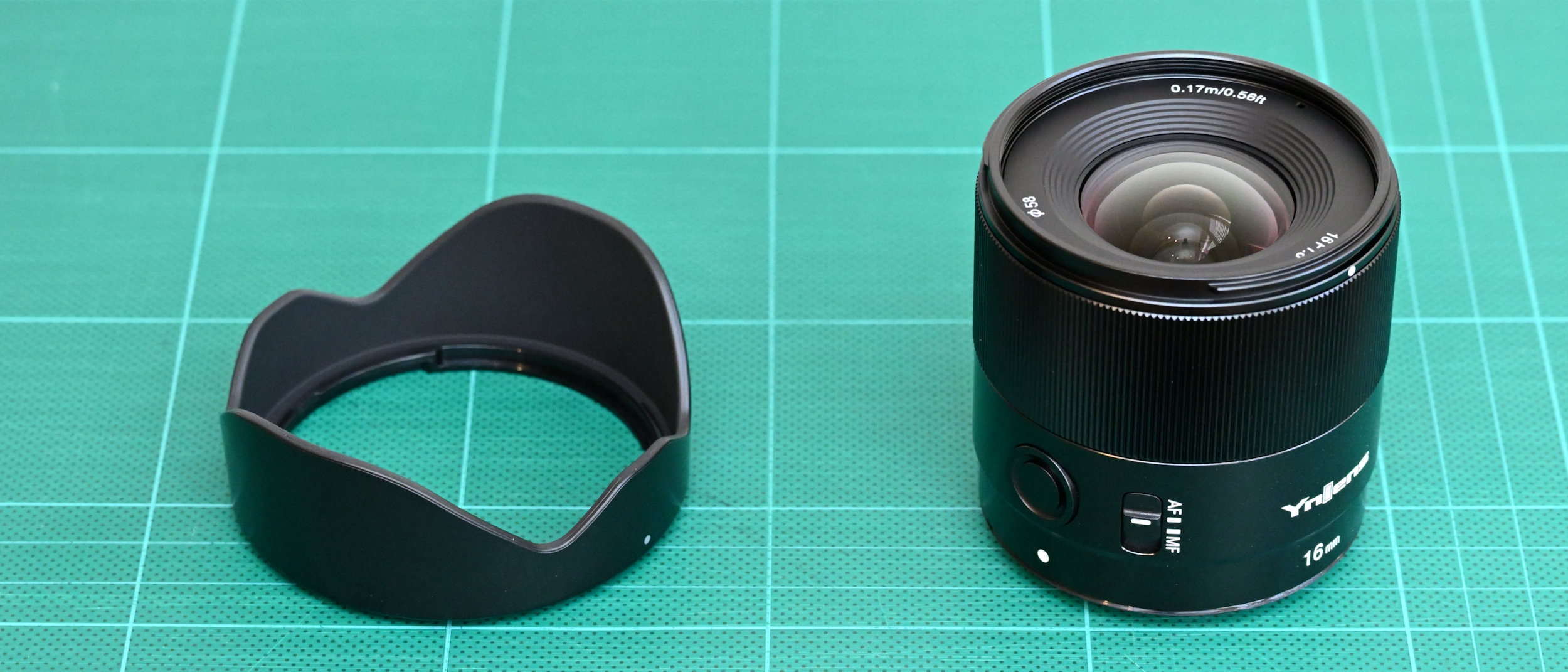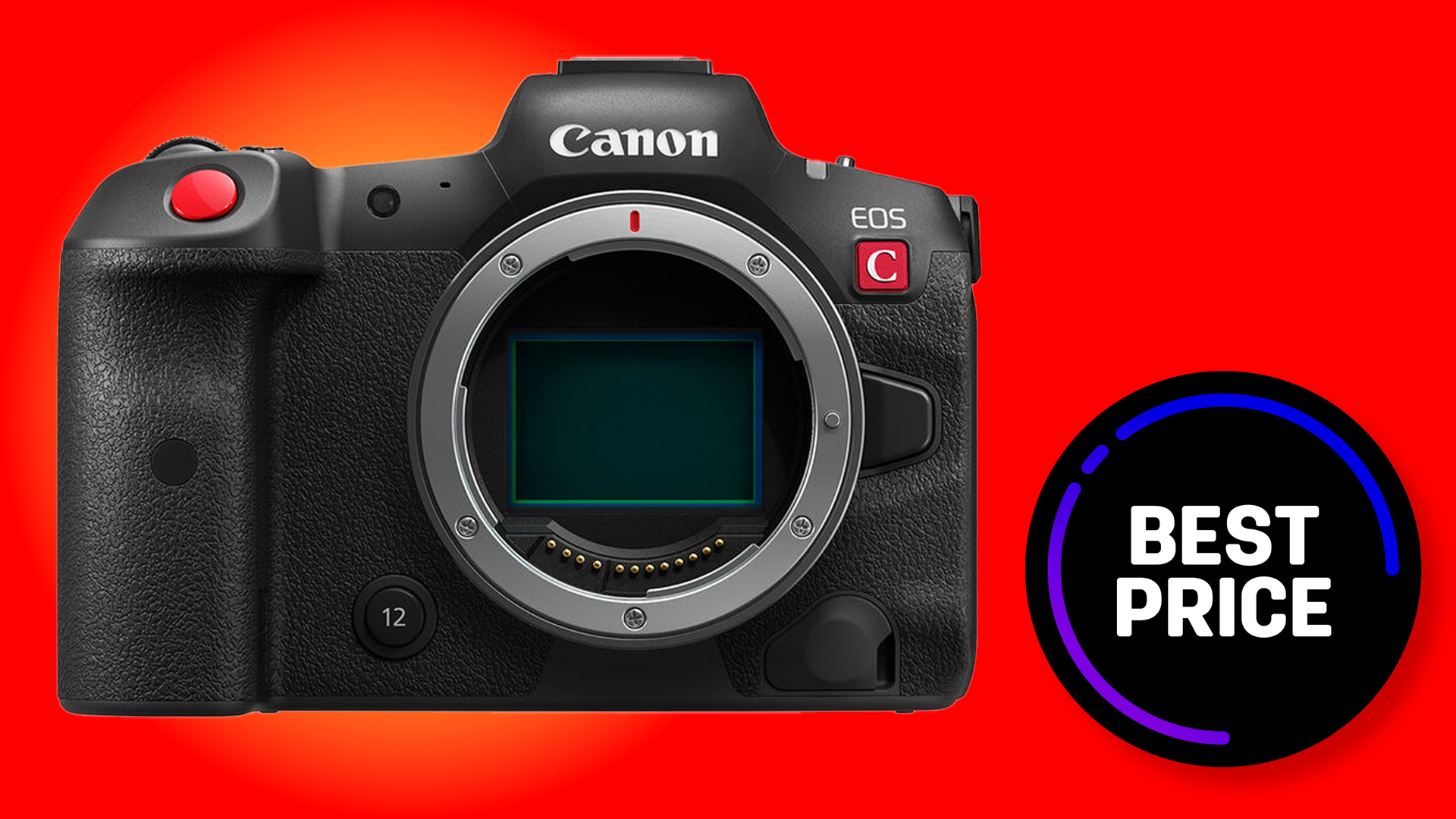Digital Camera World Verdict
Designed for Sony’s APS-C format mirrorless E-mount cameras, this lens is effectively a 24mm f/1.8 optic in full-frame terms, delivering a wide field of view with a bright aperture. As such, it fits the bill perfectly with a compact and lightweight yet sturdy construction. And despite its low-budget selling price, it performs very well and has refined handling characteristics, making it a smart buy.
Pros
- +
Strong all-round performance
- +
AF/MF switch and focus-hold button
- +
USB-C port for applying firmware updates
Cons
- -
Not weather-sealed
- -
Noticeable field curvature
Why you can trust Digital Camera World
When is a 16mm lens not really a 16mm lens? Well, the Yongnuo YN16mm F1.8S DA DSM is designed for Sony’s APS-C format mirrorless E-mount cameras, so it has less of an ultra-wide viewing angle, corresponding to a more modest 24mm lens in full-frame terms. The giveaway is the ‘DA’ classification, compared with Yongnuo’s YN35mm, YN50mm and YN85mm lenses which have a ‘DF’ suffix, denoting full-frame compatibility.
Specifications
Mount: Sony E (APS-C)
Lens construction: 10 elements in 8 groups
Angle of view: 82.6 degrees
Diaphragm blades: 7
Minimum aperture: f/16
Minimum focusing distance: 0.17m
Maximum magnification ratio: 0.15x
Filter size: 58mm
Dimensions: 64x69mm
Weight: 273g
Key features
Catering to both stills and video photography, the Yongnuo 16mm has a versatile set of features. There’s a DSM (Digital Stepping Motor) autofocus system which delivers snappy focusing for stills and smooth, virtually silent transitions for video. It comes complete with a focus-hold button on the side of the barrel, as well as an AF/MF auto/manual focus mode switch, the latter avoiding the need to delve into camera menus to make the change.
The optical path is based on ten elements in eight groups and includes one low-dispersion, one extra-low dispersion, one aspherical and one high refractive index element, with the overall aim of boosting clarity and contrast while minimizing aberrations.
Another neat feature is that the lens has a USB-C port which you can use to apply firmware updates as and when required, as well as to customize the function of the autofocus hold button.
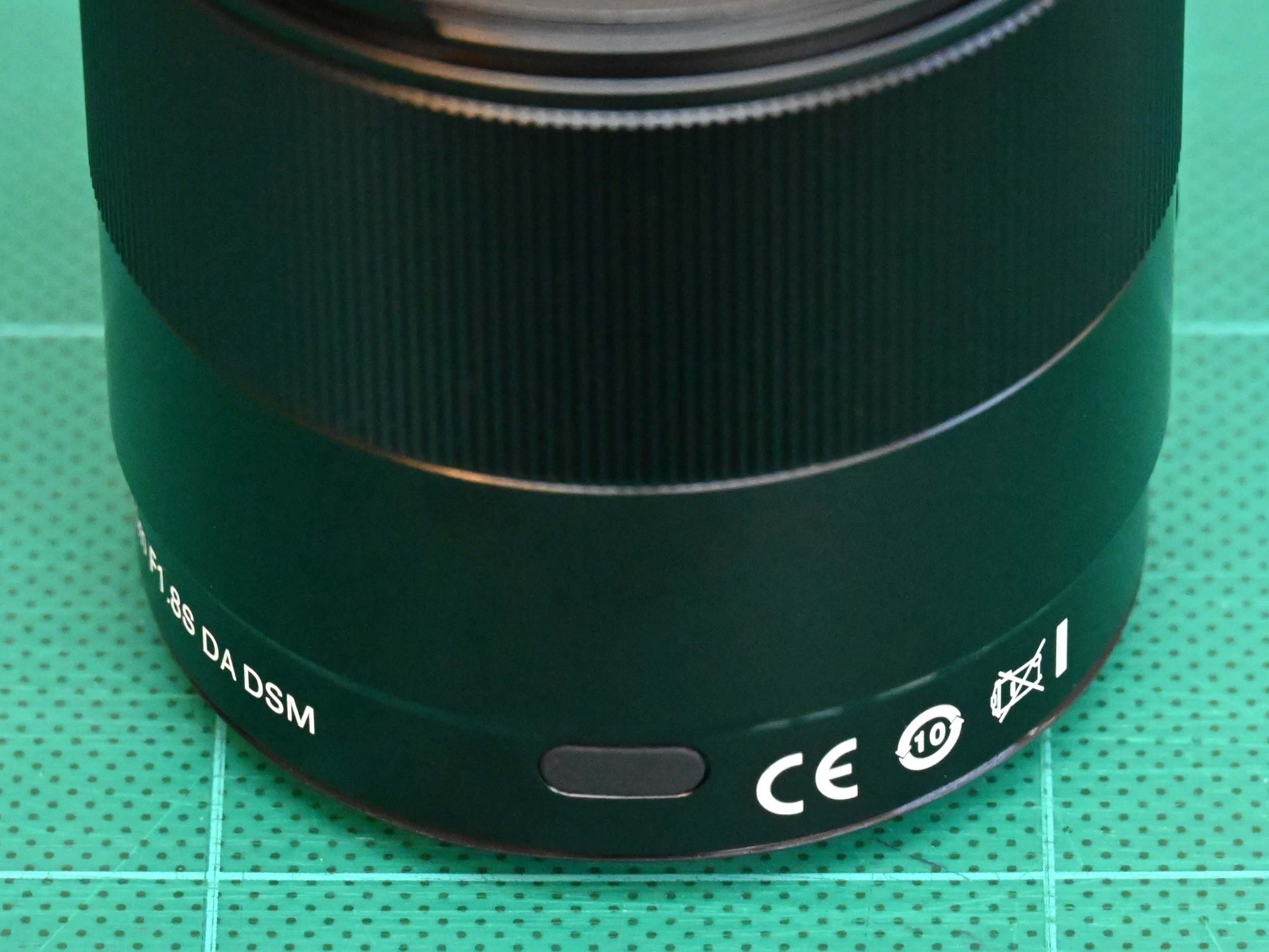
Build and handling
Despite its low-budget asking price, there’s nothing down-market about he Yongnuo’s build quality. There’s a metal mounting plate and gold-plated electronic contacts, and the casing is constructed from aviation-grade aluminum alloy with a black anodized finish. However, the lens has a weather-resistant build, it’s not properly weather-sealed.
Handling is refined with good feedback from the electronically coupled manual focus ring and a high-precision action for the focus hold button. The 7-blade aperture diaphragm remains fairly well-rounded when stopping down a little and enables 14-point starbursts at narrower apertures. The lens is supplied complete with a plastic petal-shaped hood.
Given the svelte nature of Sony’s APS-C format mirrorless cameras, the Yongnuo is suitably compact and lightweight, measuring 64x69mm with a 58mm filter attachment thread and weighing in at just 273g.
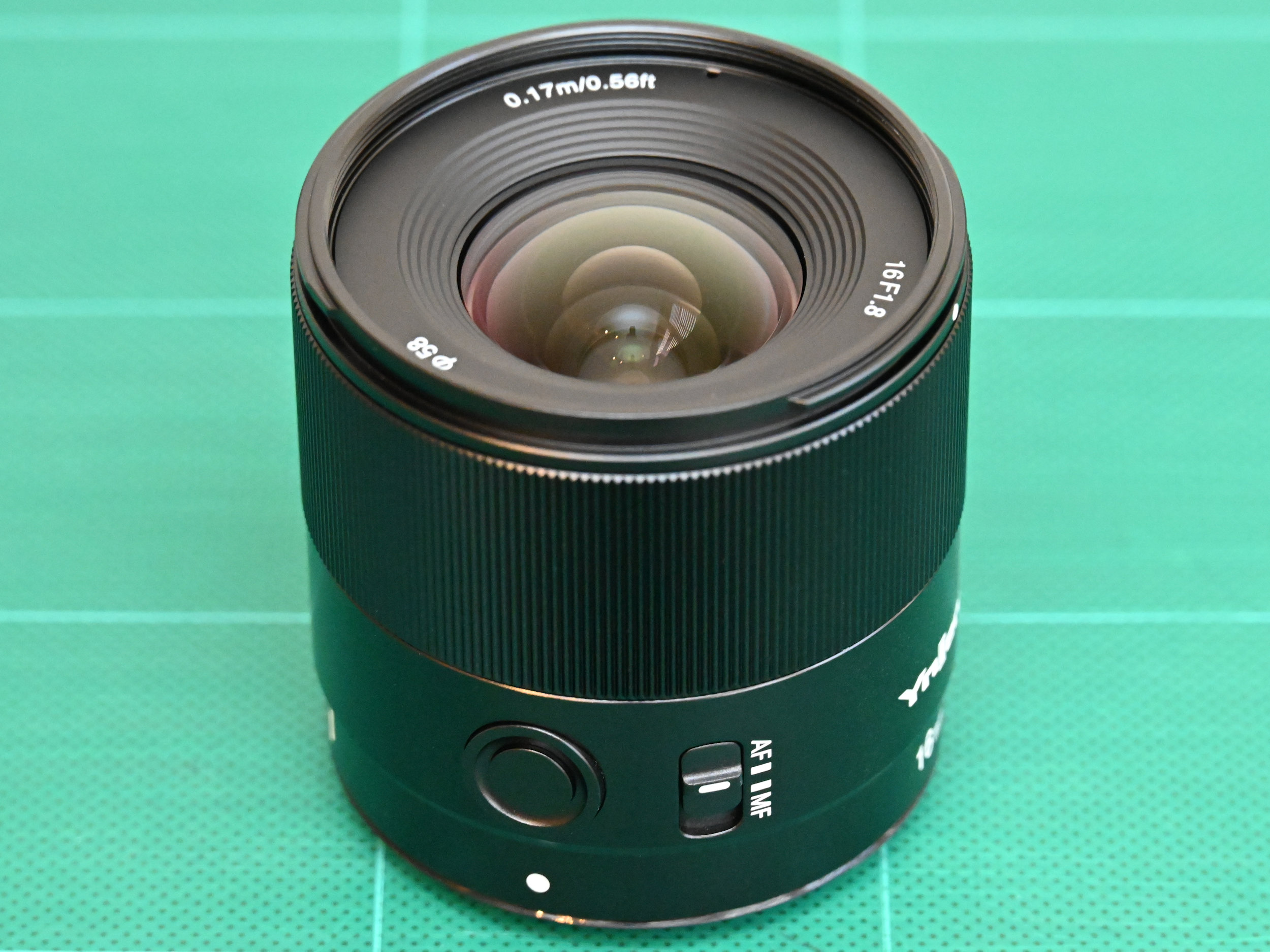
Performance
Autofocus proved consistently accurate and reliable in our tests, and well able to track moving subjects in Sony’s various AF modes. Sharpness is very good even when shooting wide-open, with fairly restrained vignetting, although we noticed some field curvature which made closer areas in a scene look sharpest towards the edges of the frame, especially when shooting at short distances with wide apertures, where the depth of field is tighter.
Resistance to ghosting and flare is good, helped by the application of nano-structure multi-coatings in the lens’s construction.
Sample images

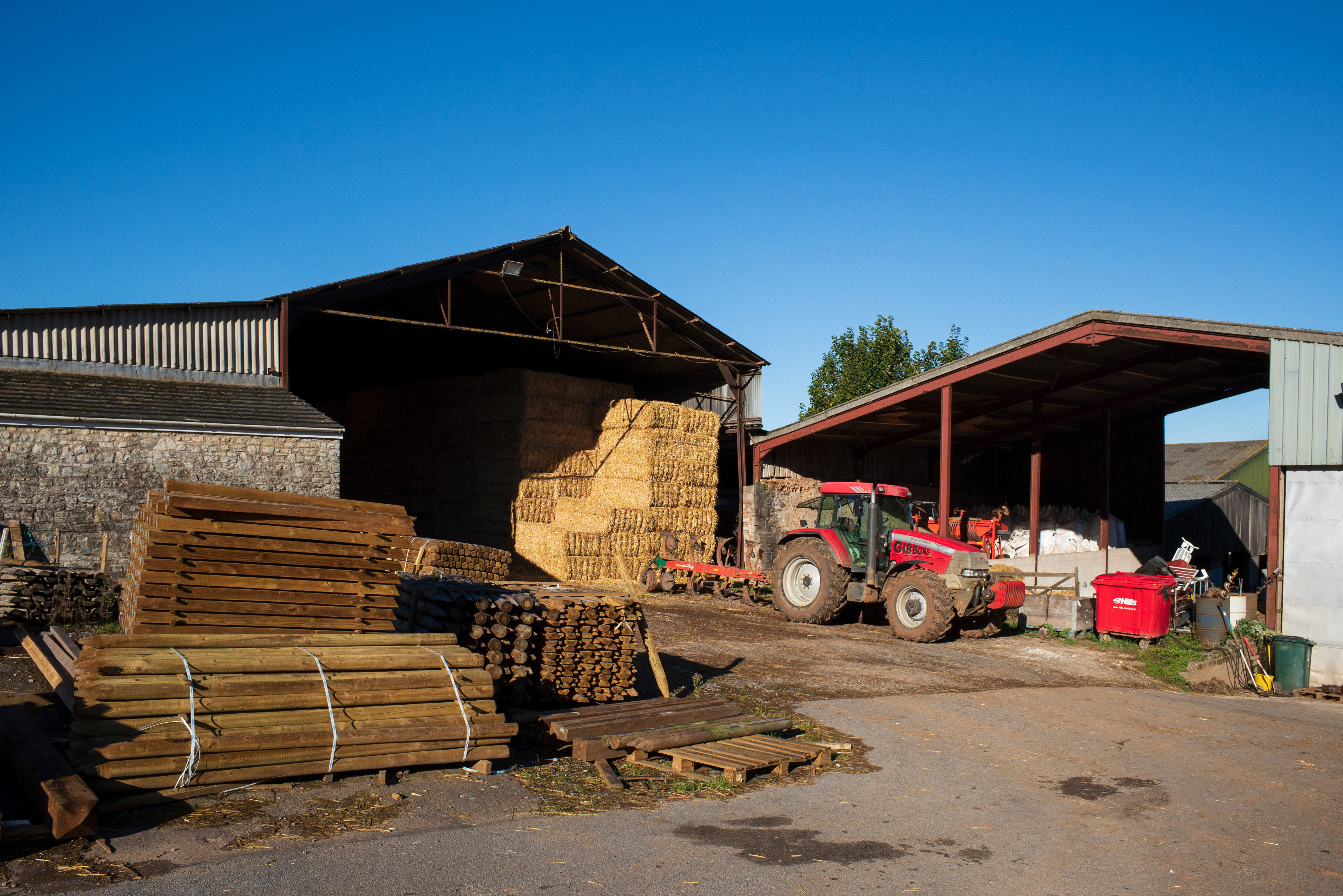
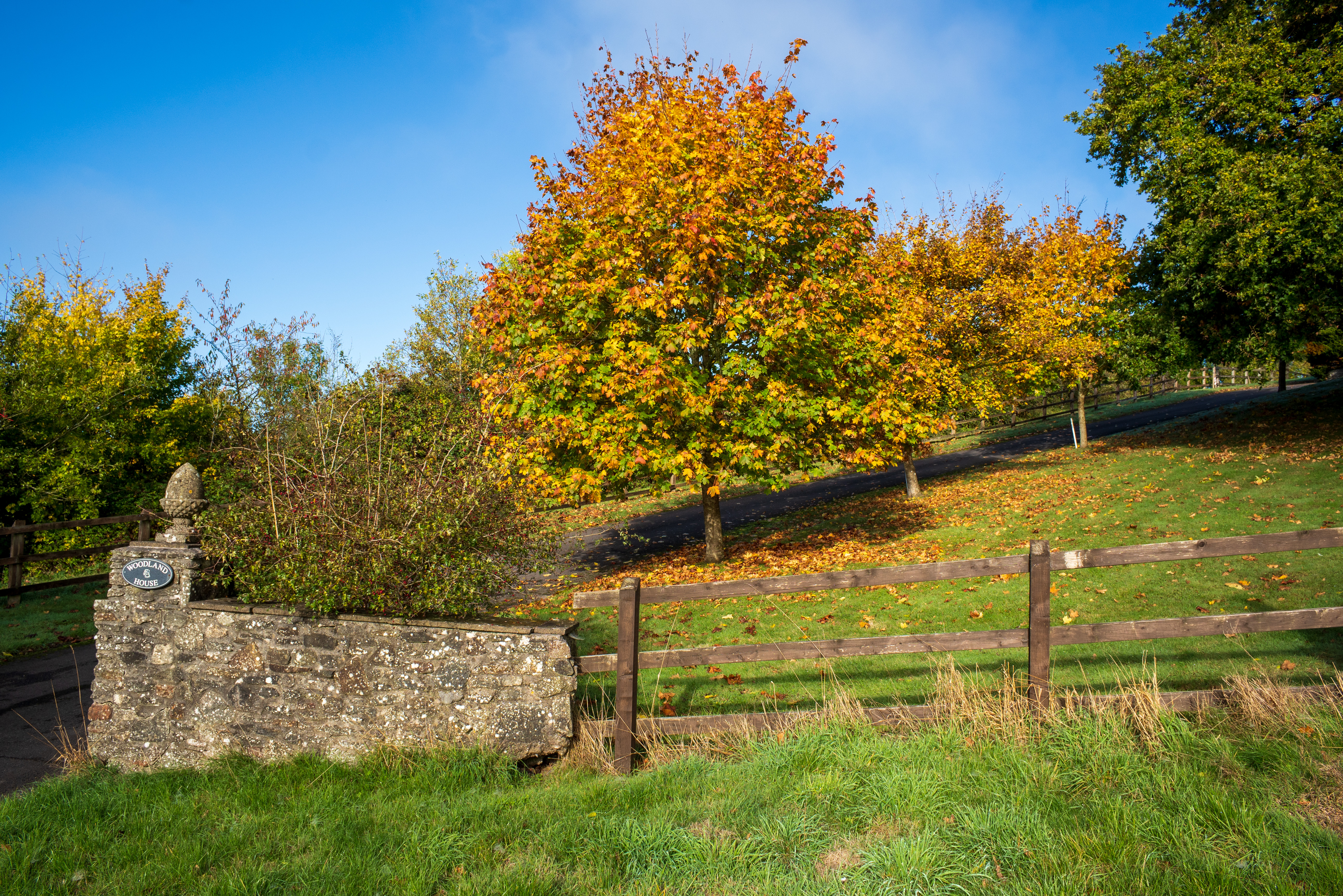
Lab results
We run a range of lab tests under controlled conditions, using the Imatest Master testing suite. Photos of test charts are taken across the range of apertures and zooms (where available), then analyzed for sharpness, distortion and chromatic aberrations.
We use Imatest SFR (spatial frequency response) charts and analysis software to plot lens resolution at the center of the image frame, corners and mid-point distances, across the range of aperture settings and, with zoom lenses, at four different focal lengths. The tests also measure distortion and color fringing (chromatic aberration).
Sharpness:
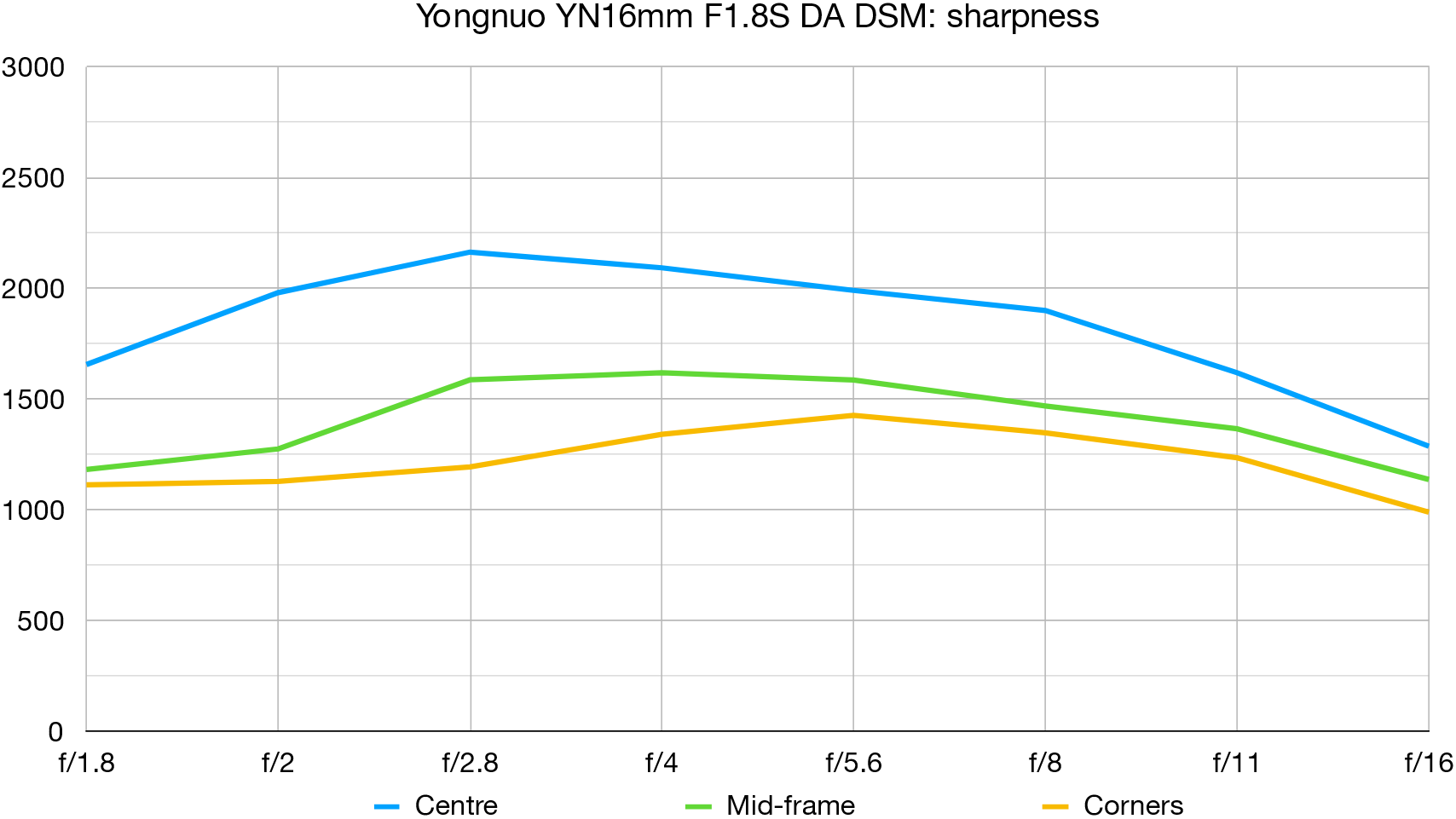
Levels of sharpness in the central region of the image frame are impressive, only dropping off noticeably when shooting wide-open at f/1.8 and at narrow apertures of f/11 to f/16. The lab results for edge-sharpness are more mediocre but this is more due to field curvature, which is particularly apparent when shooting flat test charts at very close range.
Fringing:
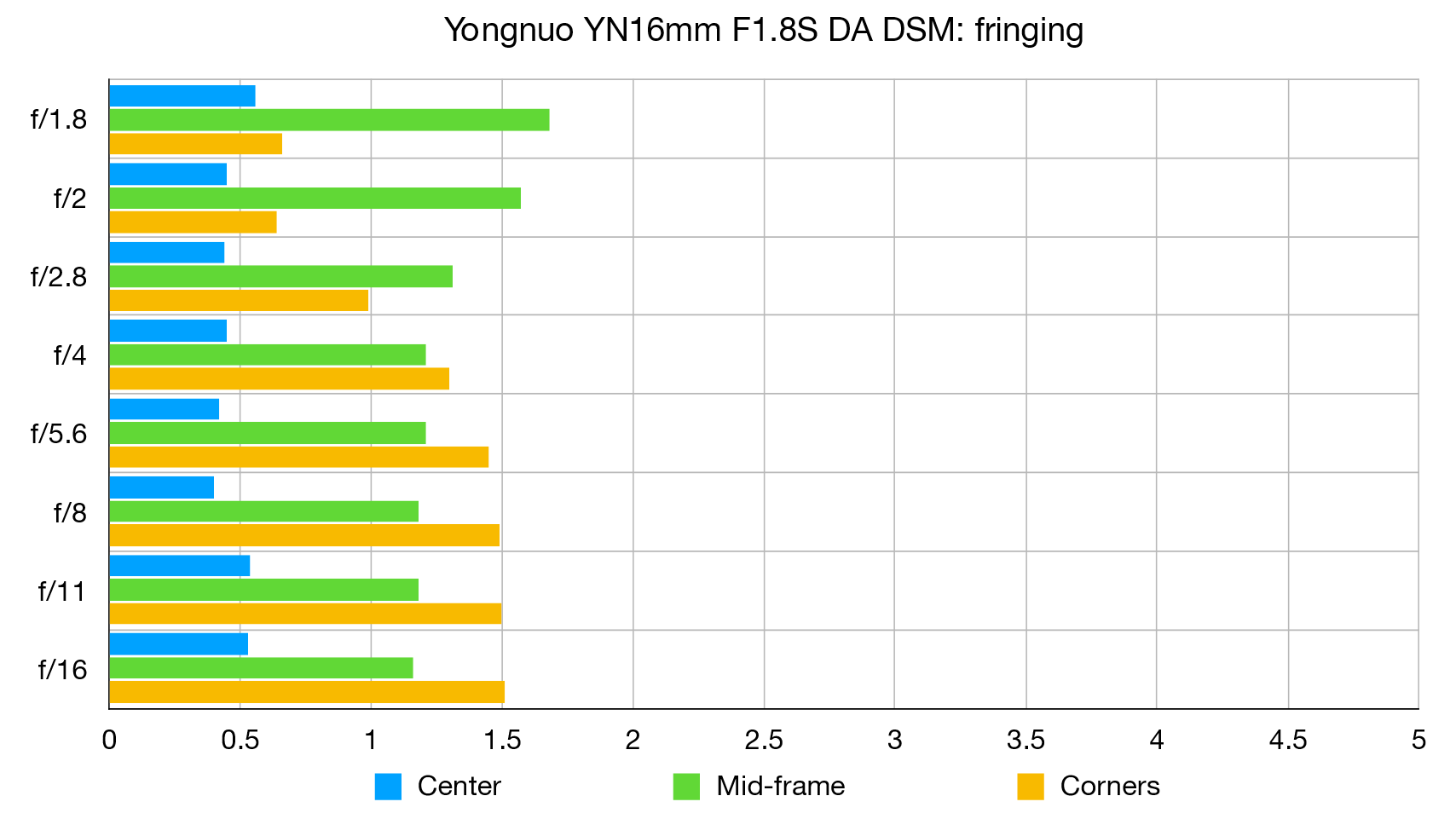
Even without using in-camera correction, there’s very little color fringing at wide apertures and it rises by only a small amount when stopping down to medium and narrow apertures.
Distortion: -1.82
Many recent lenses for mirrorless cameras rely heavily on automatic in-camera correction for distortion but the Yongnuo delivers fairly modest barrel distortion for a wide-angle lens even with correction switched off.
Verdict
Designed for Sony’s APS-C format mirrorless E-mount cameras, this lens is effectively a 24mm f/1.8 optic in full-frame terms, delivering a wide field of view with a bright aperture. As such, it fits the bill perfectly with a compact and lightweight yet sturdy construction. And despite its low-budget selling price, it performs very well and has refined handling characteristics, making it a smart buy.
Read more:
• Best camera lenses to get
• Best Canon lenses
• Best Nikon lenses
• Best Sony lenses
Matthew Richards is a photographer and journalist who has spent years using and reviewing all manner of photo gear. He is Digital Camera World's principal lens reviewer – and has tested more primes and zooms than most people have had hot dinners!
His expertise with equipment doesn’t end there, though. He is also an encyclopedia when it comes to all manner of cameras, camera holsters and bags, flashguns, tripods and heads, printers, papers and inks, and just about anything imaging-related.
In an earlier life he was a broadcast engineer at the BBC, as well as a former editor of PC Guide.
